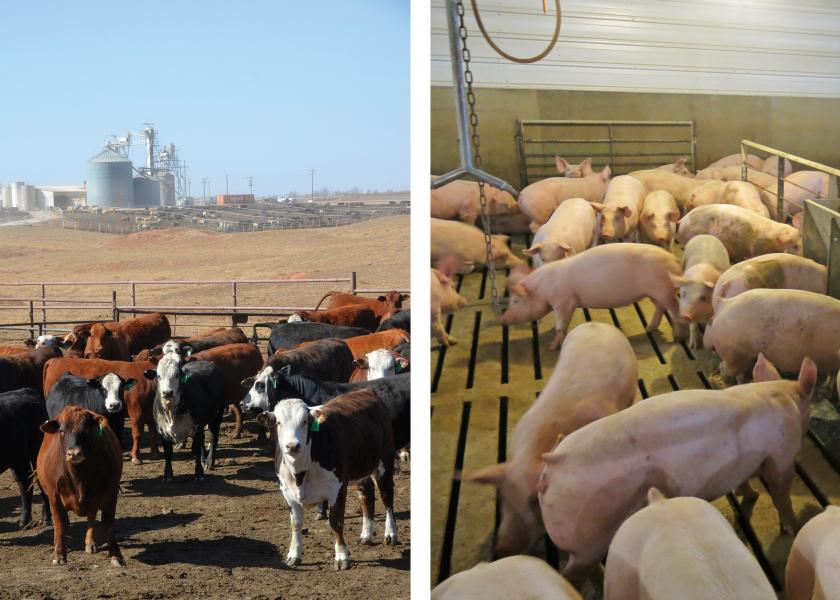Profit Tracker: Joyride Continues for Feedyards

Cattle feeders found average profits near $450 per head as average cash prices jumped to new record highs the week ending June 3. The week’s 5-area direct price was $184.74 per cwt., which is $44 per cwt. higher than the same week a year ago, according to the Sterling Beef Profit Tracker.
Beef packers saw their average margins slip to a negative $10 per head, or $5 per head more than the previous week. Wholesale beef prices were about $5 per cwt. higher for the week at $304.10 per cwt. The Beef and Pork Profit Trackers are calculated by Sterling Marketing, Vale, Oregon.
Cattle sold last week carried a total feed cost of $581 per head, up about $9 per head from the previous week, but 17% higher than the $481 feed costs for cattle sold the same week a year ago.
Cattle marketed last week had a breakeven of $152.65 per cwt., while cattle placed on feed last week have a breakeven of $173.07 per cwt. Cattle placed last week are calculated to have a purchase price for 750-800 lb. feeder steers at $218.63 per cwt., and feed costs of $526 per head. The feeder steer price is 30% higher than last year.
The estimated total cost for finishing a steer last week was $2,137 per head, up 13% from last year’s estimate of $1,872 per head.
Fed cattle slaughter totaled an estimated 453,243 head in the holiday-shortened week, and about 27,000 head fewer than the same week last year. Packing plant capacity utilization was estimated at 79.2% compared to 83.9% last year.
Farrow-to-finish hog producers saw profits of about $1.50 per head last week, about $1 per head less than the previous week. Pork producers saw profits of $82 per head the same week a year ago. Lean carcass prices averaged $87.68 per cwt., down 12 cents from the previous week.
Pork packers lost an average of $15 per head last week after losses of $20 the week before. Last year pork packers were losing about $24 per head. Hog slaughter was estimated at 2.033 million head, down 33,000 head from the previous week and down 11,000 head from last year.
Pork packer capacity utilization was estimated at 74.7% compared to 74.1% last year.
(Note: The Sterling Beef Profit Tracker calculates an average beef cutout value for the week in its estimates for feedyard and packer margins. Other prices in the weekly Profit Tracker also are calculated weekly averages. Feedyard margins are calculated on a cash basis only with no adjustment for risk management practices. The Beef and Pork Profit Trackers are intended only as a benchmark for the average cash costs of feeding cattle and hogs. Sterling Marketing is a private, independent beef and pork consulting firm not associated with any packing company or livestock feeding enterprise.)







